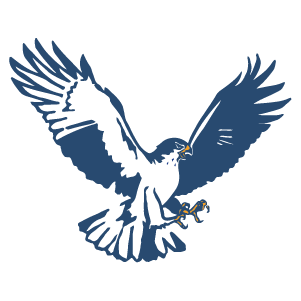As a Library Media Specialist, I always want to know how to use new digital archives, otherwise known as portals of information found online. It is now easy to find current, credible, up-to-date historical information online. When I heard that Harvard University Professor, Dr. Andrew Gordon, was hosting a workshop for librarians and teachers to learn about a digital archive he created about the Japanese 311 disasters (earthquake, tsunami, and the Fukushima meltdown), I immediately applied.
What I found at the workshop was a librarian's dream come true! The workshop and digital archive exceeded my expectations. First came the invite. I was informed that I was accepted into the workshop and that all of my expenses to stay in Cambridge would be covered. I had “homework” as well. I read a dozen academic articles about the archive and the disasters, and I was required to try to form a small collection as a sample within the archive. The workshop took place at Harvard’s Reischauer Institute of Japanese Studies. The best part of this experience was the learning. I could not have imagined what was in store.
Dr. Gordon had assembled a group of educators, including librarians and teachers from high schools and colleges all around the country. Many were Phds, and all had graduate degrees. Visiting professors and students from Tohoku University’s Graduate School joined us as well, and presented “collections” from the Japanese Disaster Archive (JDA) the first night. I was swimming in a sea of extremely educated and inquisitive minds. Within a few hours, we were tasked with writing an inquiry statement and then creating a collection of our own using items from the archive. Then we were asked to present to the professors and students.
Despite meeting and learning from all the learned co-participants being a wonderful experience, the JDA was the star of the workshop. This archive contains thousands of images, articles, podcasts, tweets, and websites. Like many ordinary archives it contains information, but the JDA doesn't stop there. It allows the user to collect items from within the archive and form their own collection. Items in your own collection can be annotated (described) and then presented much like PowerPoint, except the presentation is only a click away. But that is not all! The archive also cites each source in MLA 8 format. Yes, an educator’s dream come true, and a student’s dream come true. The archive is both a living memorial to the victims of Japan’s 311 disasters, and an amazing way to teach students how to form inquiry questions (something they often struggle with). The JDA can also help students learn how to describe or take notes about what they research and learn how to be better researchers. A student or teacher can create a collection based on an inquiry question, present and cite the collection. The archive is also interactive. Dr. Gordon's vision for this project is that it is collaborative, so he has structured the archive so that students, teachers and librarians can add data. They can add articles that they find online and submit them. This would then prompt them to cite the source, and the JDA teaches them how. Also, users must describe the item that they are adding. This teaches annotation skills. And, here is where it gets truly special. Students can add to the archive by way of Podcast or their own personal journal entry. This helps our students become creators not just consumers of information! Also, it makes our world a smaller place. Students can learn about the disasters in Japan from a variety of sources, including the voices of students. From this interaction students will learn about our similarities and learn about disaster prevention as well.
In closing I met friends for life, learned as much as I would in a semester long class, and I have a wealth of information and assignments to create for Hermon High School staff and students. By the way, they also invited us to dine at the Harvard Faculty Club, and that was quite delicious. Harvard University sent us home with tote bags and daily planners. This was truly rewarding professional development, and I would apply again in a minute.

